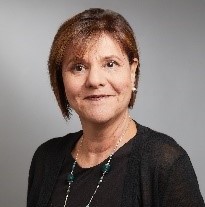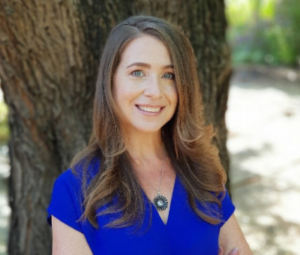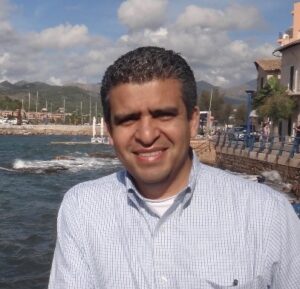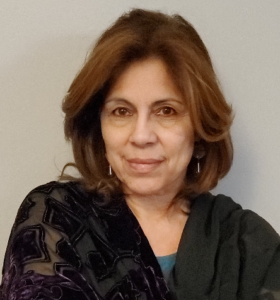
In this first 90-minute session of the Culturally Responsive Evidence-Based and Community-Defined Practices for Mental Health Series, panelists:
Access the recording of this session by clicking the blue "View Resource" button above.

Christina N. Clayton, LICSW, CDP has been working in the behavioral health field since 1993. She has primarily served adults who live with severe mental health issues, substance use, experience chronic homelessness, suffer from poor physical health, trauma and any number of co-occurring issues. Christina has education and licenses/credentials in clinical social work, mental health and substance use, and highly values her direct service experience. She has spent 25 years working in and managing numerous clinical programs including: HIV/AIDS housing and health care, school-based mental health, substance use outreach and treatment, homeless mental health outreach, intensive case management, assertive community treatment, crisis respite, integrated care, housing first and other Evidence-Based Practices. She currently serves as the Co-Director of the Northwest MHTTC.

Maria E. Restrepo-Toro, BNS, M.S. is an Educator at Yale University, Department of Psychiatry, Program for Recovery and Community Health. She is a nationally recognized leader, trainer and facilitator in the fields of Latino behavioral health recovery, psychiatric rehabilitation and cultural competence. She brings her expertise in 1) workforce development in recovery-oriented practices such us person-centered, trauma-informed care and psychiatric rehabilitation interventions; 2) development of peer-run initiatives, training and technical assistance on peer integration practices; and 3) development of culturally appropriate curriculums and web-based training tools. She currently serves as the Co-Director of the New England MHTTC.

Jessica Gonzalez, MSW, is the School Mental Health Coordinator for the MHTTC Network Coordinating Office at Stanford University School of Medicine. Jessica coordinates the work of 12 centers that provide training and technical assistance to the mental health and school mental health workforce to increase the use of evidence-based mental health prevention, treatment, and recovery support services for students across the United States. Jessica has worked in the community as a social worker providing mental health services in school and outpatient clinic settings to children and adolescents of diverse socioeconomic, cultural and ethnic backgrounds.

Shannon Wiltsey-Stirman, PhD Shannon Wiltsey Stirman is a clinical psychologist and implementation researcher in the Dissemination and Training Division, and an Associate Professor at Stanford University’s Department of Psychiatry and Behavioral Sciences. Her clinical work and research focus on training, implementation, and adaptation of cognitive behavioral therapies for individuals with PTSD, depression, suicidality, and anxiety. She regularly provides CBT and Cognitive Processing therapy training and consultation to therapists in the community and in the VA.

Alfredo Cerrato is the Senior Cultural and Workforce Development Officer for the Great Lakes Technology Transfer Centers, managed by the Center for Health Enhancement Systems Studies at the University of Wisconsin-Madison. He is also a nationally certified trainer on Culture: An Integral Part of Mental Health Services, Clinical Application of Cultural Elements in Mental Health Treatment for Hispanic and Latino Populations by the National Hispanic and Latino Mental Health Technology Transfer Center in Puerto Rico, and a national trainer for the National Association for Alcoholism and Drug Abuse Counselors (NAADAC) on cultural topics. Mr. Cerrato has 25 years of international relations experience and specializes in cross-cultural communications, conflict resolution, and process improvement topics. He has conducted advocacy, policy, and disaster relief work in Northern Ireland, Honduras, Peru, Brazil, Japan, Sri Lanka, and other locations across the globe.

Diana Padilla is a Research Project Manager at New York State Psychiatric Institute, Columbia University Medical Center, and Senior Staff Trainer and the SBIRT, (Screening, Brief Intervention, and Referral to Treatment) Intensive Technical Assistance program manager for the Northeast & Caribbean Addiction Transfer Technology Center Network (NeCATTC), Ms. Padilla managed and trained nationally on Cultural Proficiency in Drug Court Practice, statewide Cultural Competency in HIV Prevention, and Culturally Informed Practice in addiction treatment and recovery services. She is a faculty/trainer for the National Association for Drug Court Professionals providing expert trainings on the Hispanic, Latino, Latinx communities.
Questions? Contact Jessica Gonzalez, MHTTC Coordinator, at [email protected].